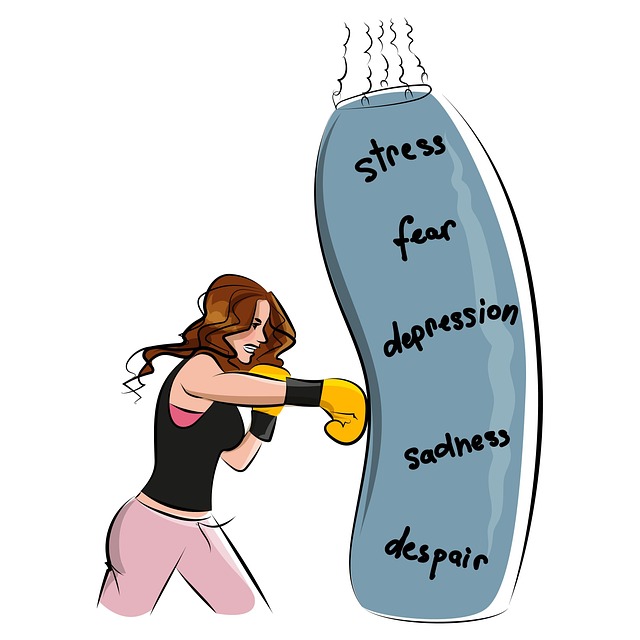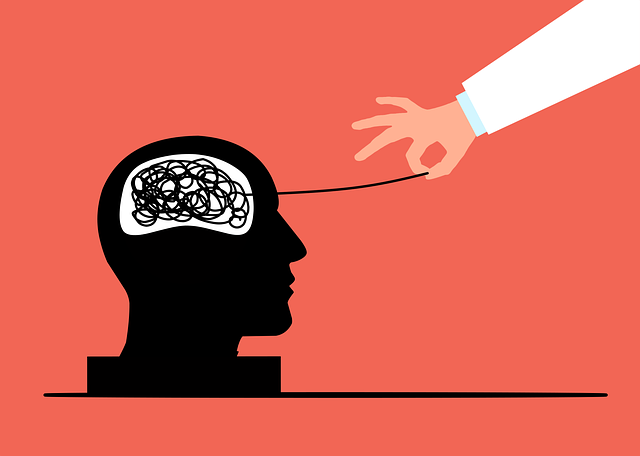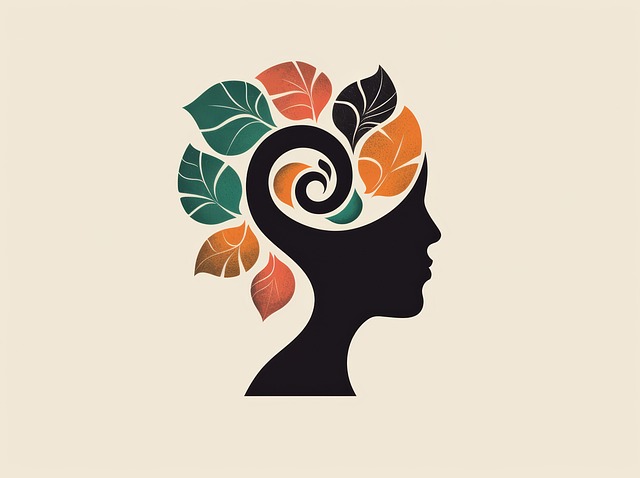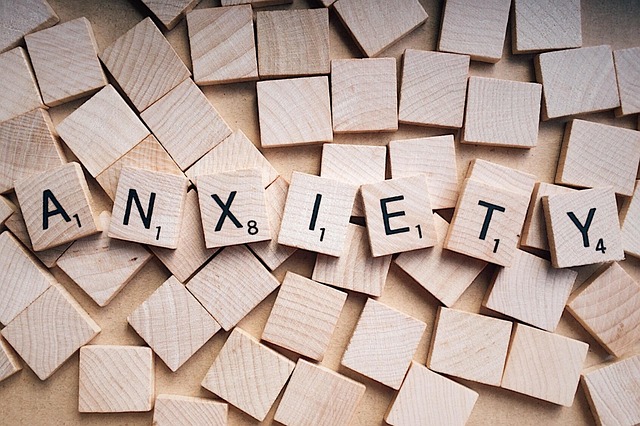Coping skills are essential for elders to navigate life challenges, maintain mental wellness, and improve quality of life. Unique stressors like retirement or loss can impact their self-esteem. Effective solutions include cognitive-behavioral therapy (CBT), mindfulness meditation, and self-care routines. CBT helps challenge negative thoughts and promote positive life transitions, while mindfulness enhances emotional well-being. Specialized therapy tailored to elders' unique needs, including emotionally intelligent (EI) training, empowers them to manage stress and improve self-esteem comprehensively.
Coping skills development is a crucial aspect of elderly care, enabling them to navigate life’s challenges with resilience. This article explores the significance of coping mechanisms in enhancing the well-being of seniors, focusing on understanding their unique needs and struggles, particularly those linked to low self-esteem. We delve into effective strategies for building self-worth and discuss therapeutic approaches tailored to support the development of healthy coping skills in the elderly population. By addressing these aspects, we aim to empower elders to lead more fulfilling lives.
- Understanding Coping Skills and Their Significance for Elders
- The Impact of Low Self-Esteem on Elderly Individuals
- Strategies to Enhance Coping Mechanisms and Build Self-Worth
- Therapeutic Approaches to Support Elderly Coping Skills Development
Understanding Coping Skills and Their Significance for Elders

Coping skills are essential for elders to navigate life’s challenges and maintain mental wellness. These skills encompass a range of strategies that help individuals deal with stress, anxiety, and difficult emotions. For older adults, understanding and developing effective coping mechanisms can significantly improve their quality of life. Many times, elders face unique stressors such as retirement, health changes, or the loss of loved ones, which can impact their self-esteem and overall well-being.
Therapy for elders often includes teaching valuable coping skills to enhance social skills training and encourage self-care practices. By learning these techniques, seniors can build resilience and adapt more positively to life transitions. For instance, simple yet powerful tools like mindfulness meditation or engaging in hobbies can foster a sense of purpose and reduce feelings of isolation. In addition, developing robust coping strategies is vital for maintaining mental wellness, ensuring elders can live fulfilling lives with enhanced self-esteem and a better ability to handle whatever comes their way.
The Impact of Low Self-Esteem on Elderly Individuals

Low self-esteem can profoundly impact the mental well-being of elderly individuals, making it a significant concern in the realm of geriatric care. As people age, they may face various challenges that can erode their sense of self-worth, such as physical health decline, social isolation, or financial struggles. These factors can contribute to feelings of inadequacy and decreased confidence, which are hallmarks of low self-esteem. The consequences are far-reaching, often leading to increased anxiety, depression, and even a reluctance to engage in activities that foster a sense of purpose and enjoyment.
The development of therapy for elders focused on self-esteem is crucial in addressing these issues. Strategies such as cognitive-behavioral therapy (CBT) have proven effective in helping the elderly challenge negative thought patterns and build resilience. Encouraging the adoption of a self-care routine development for better mental health can also play a pivotal role in combating low self-esteem. This includes simple practices like regular exercise, engaging social interactions, and setting achievable goals, all of which contribute to burnout prevention and overall mental well-being. Moreover, mental health policy analysis and advocacy can ensure that support systems and resources are readily accessible to the elderly population, promoting a culture that values and nurtures their mental health.
Strategies to Enhance Coping Mechanisms and Build Self-Worth

Developing effective coping strategies is a powerful tool for older adults to enhance their self-worth and manage stress. Therapy sessions designed specifically for this demographic can offer valuable insights and techniques tailored to their unique needs. Through individual or group therapy, elders can explore and challenge negative thought patterns, learn relaxation methods, and discover healthy ways to process emotions. A therapist might guide them in practicing mindfulness, encouraging open communication about feelings, and providing a safe space to share experiences.
Building self-esteem is an integral part of this process. Encouraging participation in community outreach programs or stress management workshops can empower elders by offering opportunities for social interaction, skill development, and a sense of purpose. These activities promote active engagement with peers, foster meaningful connections, and provide a platform for sharing knowledge and experiences. Additionally, effective communication strategies taught through organized programs can enhance self-confidence, improve interpersonal relationships, and contribute to an overall positive outlook on life.
Therapeutic Approaches to Support Elderly Coping Skills Development

Elderly individuals often face unique challenges when it comes to coping with life’s stressors and traumatic events. Therapeutic approaches tailored for this demographic play a pivotal role in enhancing their resilience and overall emotional well-being. One effective strategy is cognitive-behavioural therapy (CBT), which helps seniors identify and challenge negative thought patterns, thereby fostering a more positive outlook and improved self-esteem. CBT sessions can be adapted to suit the specific needs of elderly clients, addressing concerns related to aging, loss, or chronic health conditions.
Additionally, emotional intelligence (EI) training has gained prominence in therapy for elders. By teaching them to recognize and manage their emotions effectively, EI techniques empower seniors to navigate difficult situations with greater ease. Emotional well-being promotion techniques, such as mindfulness meditation, are also valuable tools. These practices encourage present-moment awareness and help reduce anxiety and depression, thereby improving coping abilities. Through these therapeutic approaches, elders can develop robust coping skills, enhancing their ability to face life’s challenges head-on.
Coping skills development is a vital area of focus in elderly care, addressing key aspects of mental well-being. By understanding and implementing strategies from therapeutic approaches tailored for elders, we can significantly enhance their ability to navigate life’s challenges. Cultivating strong coping mechanisms and boosting self-esteem through tailored interventions not only improves quality of life but also enables seniors to maintain independence and live with resilience. Integrating these practices into care plans ensures a supportive environment that empowers the elderly to thrive despite age-related changes. Therapy for elders, centered on self-esteem development, emerges as a powerful tool in fostering adaptive coping skills, ultimately leading to improved overall well-being.














